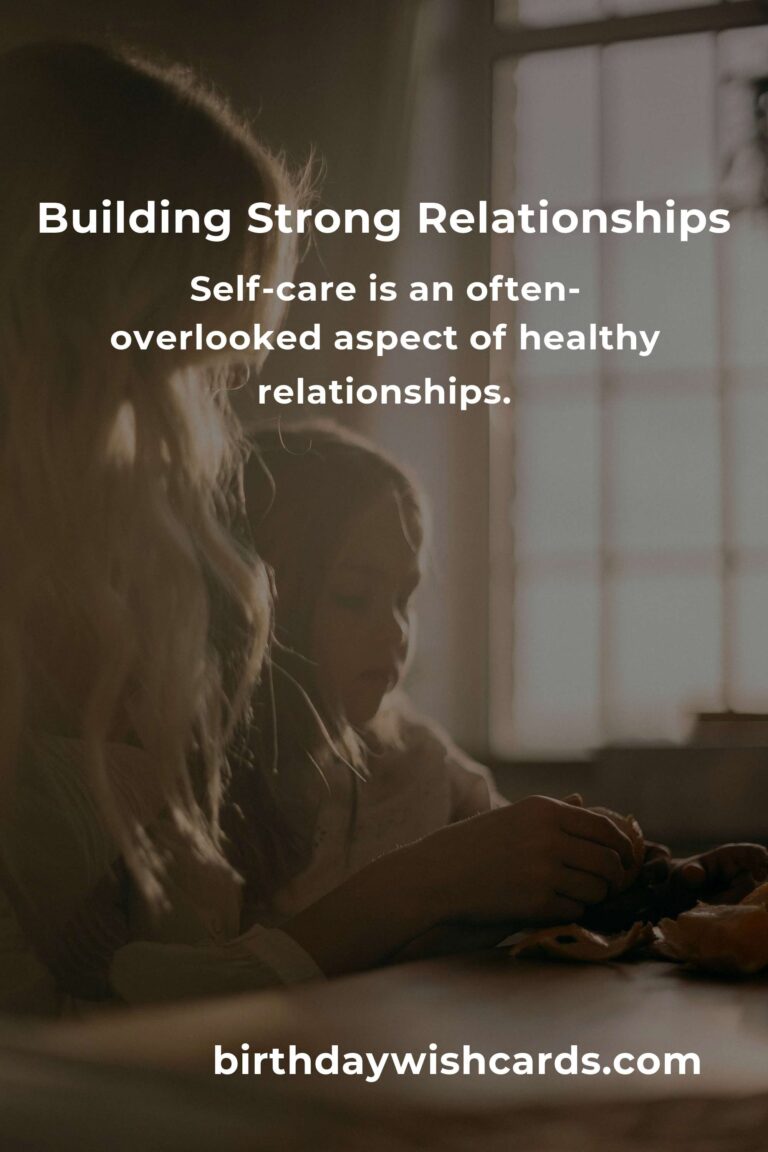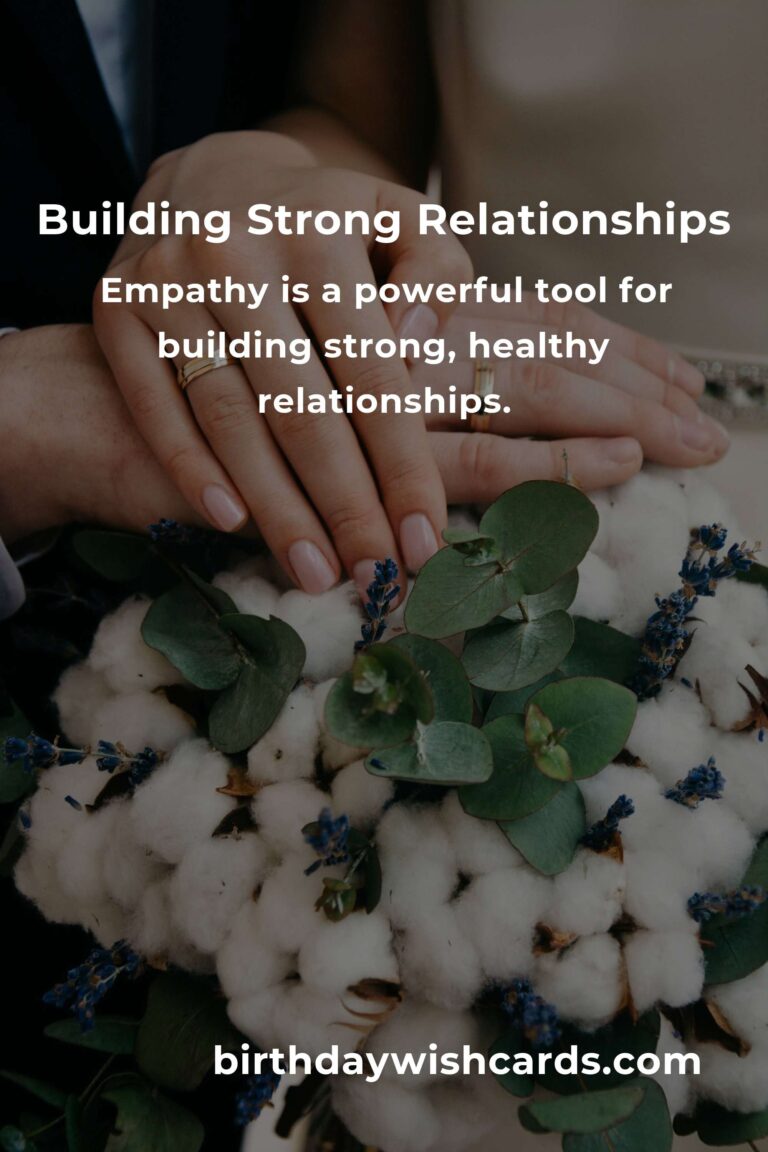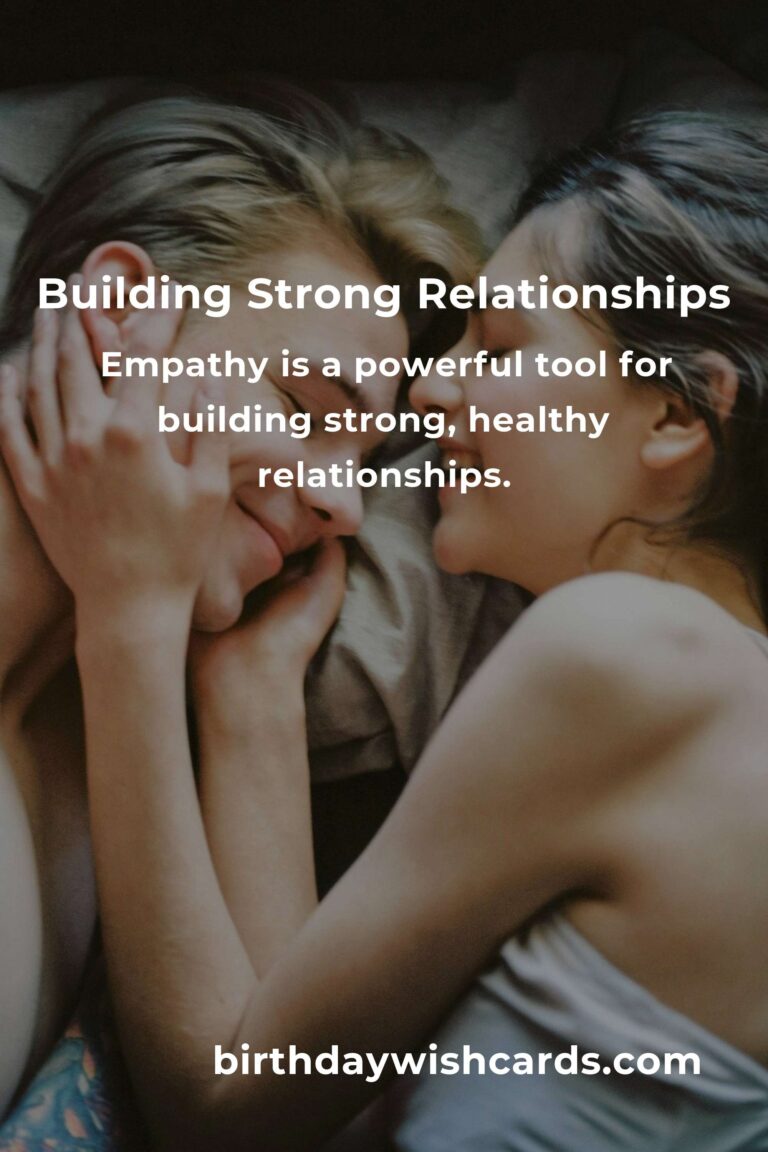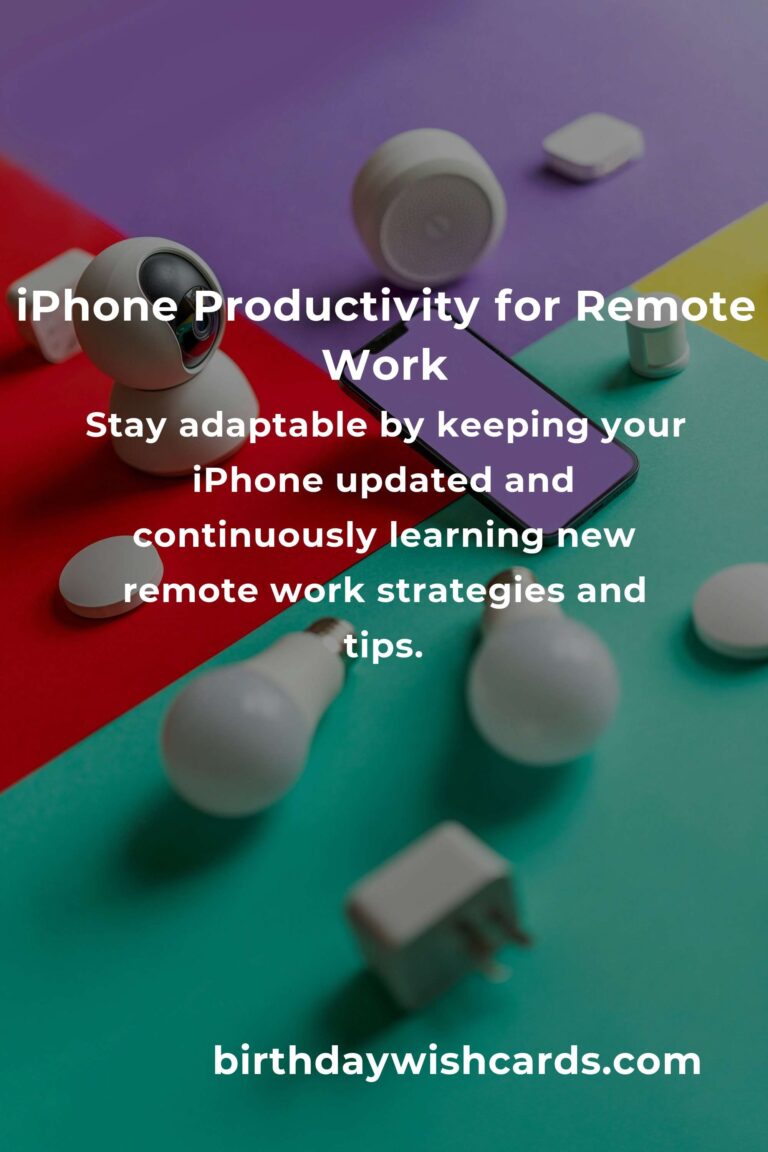
Healthy relationships are the cornerstone of a fulfilling life. Whether personal or professional, fostering positive interactions with others can lead to happier, more satisfying experiences. In this guide, we’ll explore key strategies to inspire and maintain healthy relationships.
Understanding the Foundation of Healthy Relationships
At the heart of every healthy relationship is mutual respect and understanding. This involves acknowledging the other person’s feelings, thoughts, and needs. Respect creates a safe space where both parties can express themselves freely without fear of judgment or retribution.
Effective Communication
Communication is often cited as the most crucial element of any successful relationship. Effective communication involves not only expressing oneself clearly but also actively listening and responding to the other person’s words. It’s important to practice open and honest communication while being mindful of your tone and body language.
Establishing Trust and Honesty
Trust is the bedrock of any healthy relationship. Building trust requires honesty and consistency in words and actions. It’s important to be transparent with your intentions and to follow through on promises. Trust, once broken, can be difficult to rebuild, so it’s crucial to prioritize honesty from the outset.
Setting Boundaries
Healthy boundaries are essential in any relationship. They define the limits of acceptable behavior and help prevent misunderstandings. Setting boundaries involves communicating your needs and preferences clearly and respecting the boundaries set by others.
Conflict Resolution
Conflicts are inevitable in any relationship, but how they are handled can make all the difference. Effective conflict resolution involves addressing issues calmly and respectfully, focusing on the problem rather than personal attacks, and working collaboratively to find a solution that satisfies both parties.
Maintaining Emotional Intimacy
Emotional intimacy is a deep sense of closeness and connection with another person. It involves sharing your innermost thoughts and feelings and being emotionally available to your partner. Maintaining emotional intimacy requires vulnerability and the willingness to support each other through life’s ups and downs.
The Role of Empathy
Empathy is the ability to understand and share the feelings of another person. It is a powerful tool for building strong, healthy relationships. Practicing empathy involves listening without judgment, validating the other person’s emotions, and offering support when needed.
Prioritizing Self-Care
Self-care is an often-overlooked aspect of healthy relationships. Taking care of your own physical, emotional, and mental well-being ensures that you have the energy and capacity to be present for others. Prioritizing self-care helps you maintain a balanced life and prevents burnout.
Building Relationships with Family and Friends
Family and friends are critical components of our support network. Nurturing these relationships involves spending quality time together, showing appreciation, and being there for each other during difficult times. Remembering birthdays, anniversaries, and other significant events is a simple way to show you care.
Developing Professional Relationships
Professional relationships are essential for career growth and satisfaction. Building strong connections with colleagues and mentors involves networking, collaboration, and recognizing the contributions of others. Professional relationships thrive on mutual respect, shared goals, and open communication.
Conclusion
Inspiring healthy relationships requires effort and commitment, but the rewards are immeasurable. By practicing effective communication, establishing trust, setting boundaries, and prioritizing self-care, you can create and maintain fulfilling relationships in all areas of your life.
Healthy relationships are the cornerstone of a fulfilling life. At the heart of every healthy relationship is mutual respect and understanding. Effective communication involves not only expressing oneself clearly but also actively listening. Trust is the bedrock of any healthy relationship. Healthy boundaries define the limits of acceptable behavior and help prevent misunderstandings. Effective conflict resolution involves addressing issues calmly and respectfully. Emotional intimacy involves sharing your innermost thoughts and feelings. Empathy is a powerful tool for building strong, healthy relationships. Self-care is an often-overlooked aspect of healthy relationships. Inspiring healthy relationships requires effort and commitment.
#HealthyRelationships #Communication #Empathy #Trust #SelfCare













